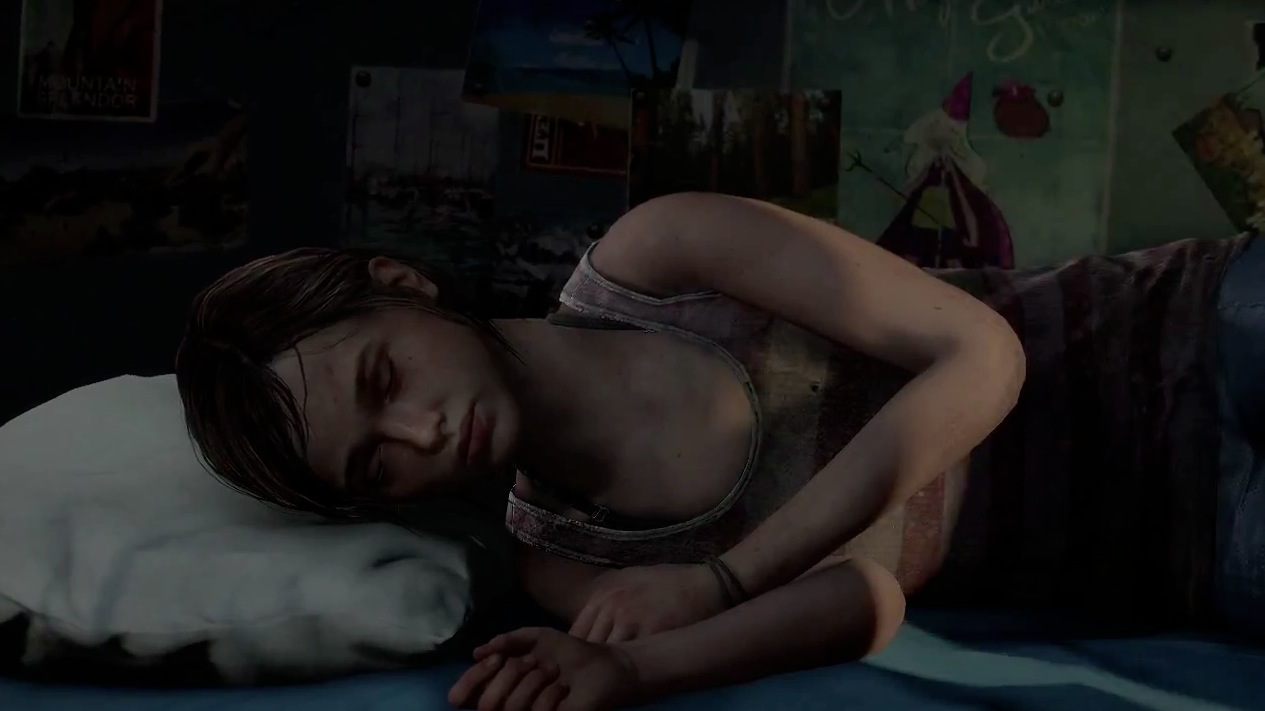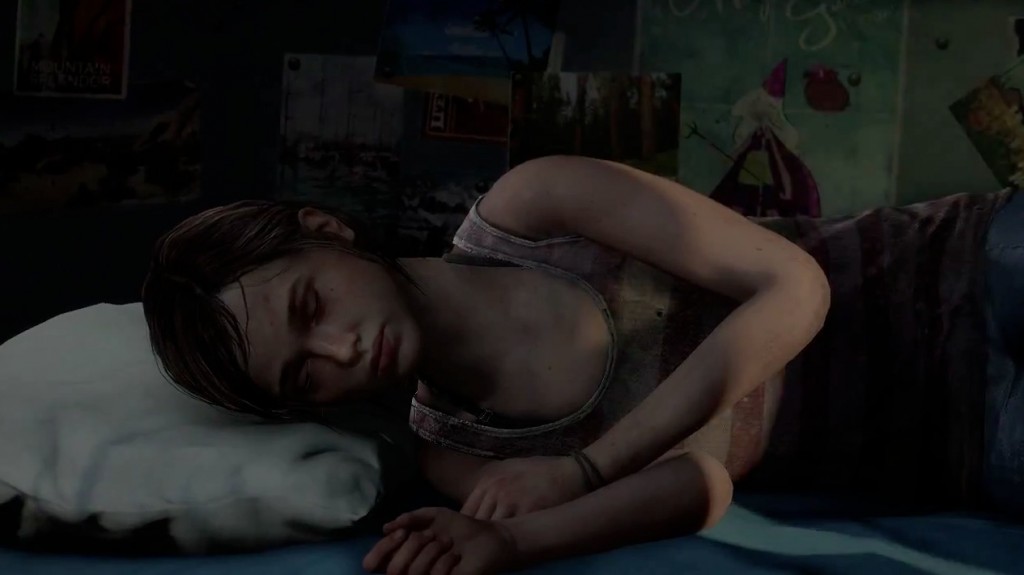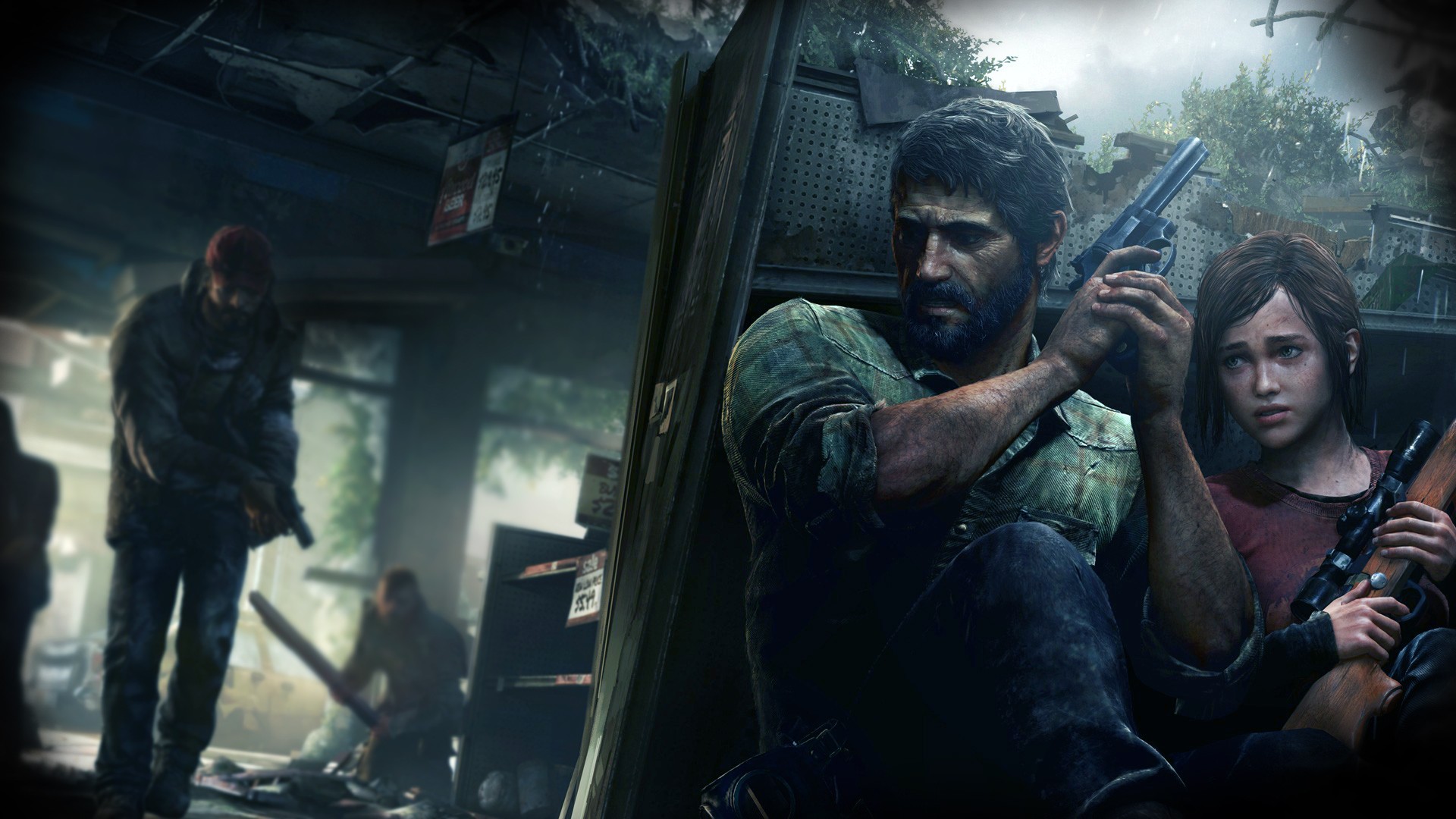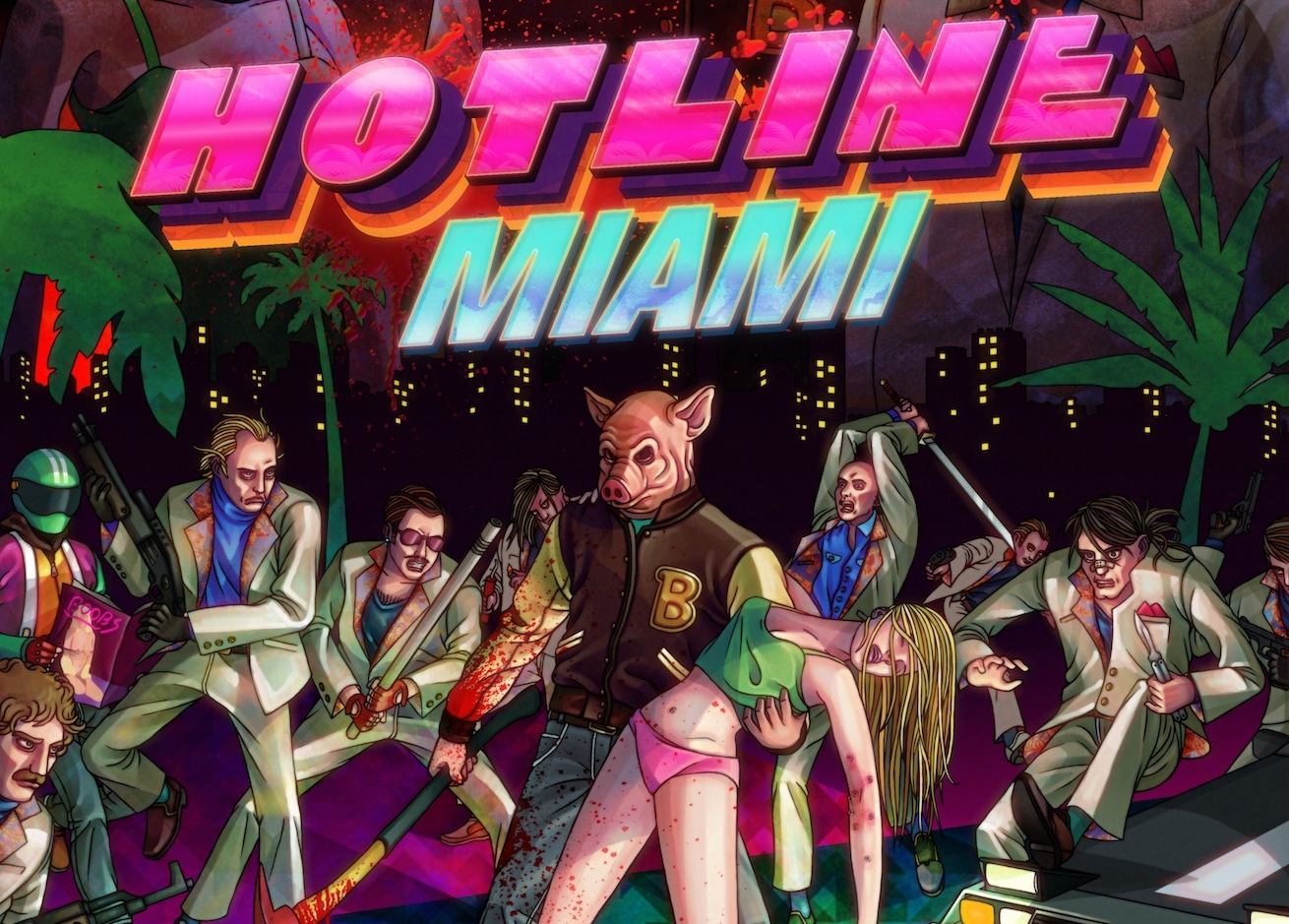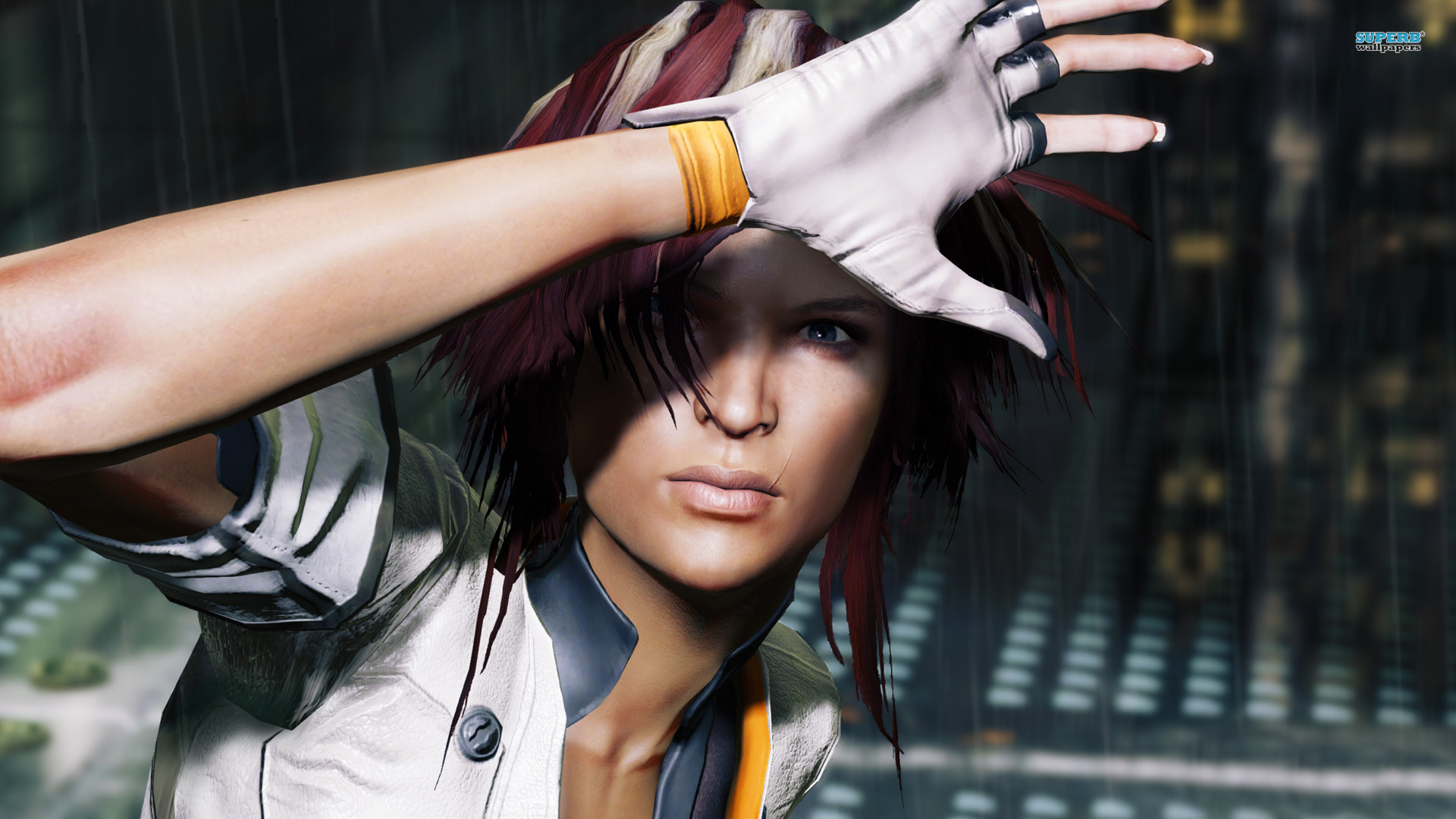Can a videogame be emotional? Exciting, yes. Thrilling, most definitely. Addictive… well, as anyone who has spent three hours straight rotating tetriminos into position will attest, that would be putting it mildly. But can a videogame be moving? Can it jerk tears or pluck heartstrings? The answer, of course, is a resounding, hollering from the rooftops “yes”. If you know what it means to either save or “harvest” a Little Sister in the Bioshock series, or have made it to the denouement of The Legend Of Zelda: Link’s Awakening, you should know just how emotive this medium, however artificial, can be.
The idea of the lowly videogame being able to cause a person to weep is epitomized by The Last Of Us (Naughty Dog, Multiformat), last year’s masterpiece of storytelling and full tilt gameplay. The idea of a post-apocalyptic world run amok with infected crazies certainly is not new, though the inclusion of a rage inducing cordyceps fungus was a welcome addition. However, the characters of Joel and Ellie, ragged survivors in an increasingly desperate situation, were so well drawn, both literally and metaphorically, that their journey together is a powerfully memorable one. To see them move from a begrudging co-dependency to a genuine affection was a truly moving thing, even when surrounded by all the head-splitting violence and human cruelty.
As bleak and inhospitable as that world was, most gamers would give their right arm to a family of hillbilly cannibals to return there. Thankfully, we have been gifted that desired return ticket in the form of Left Behind, a slight yet deeply engrossing piece of DLC which sheds further light on Ellie’s backstory while filling in a few gaps from the main campaign. Without veering into the territory of spoilers, you may remember Ellie mentioning a friend called Riley, a street tough aspiring member of the Fireflies with whom she shared a good few yucks. In Left Behind, you get to do just that: play hooky from boarding school in favour of an abandoned mall. The following might sound ridiculous but it is at times astounding how much fun can be gleaned from faffing about with super soakers and a photo booth. It is testament to the talents of the writing team that the dialogue heavy sections between Ellie and Riley never feel like a chore. Their friendship is sweet and wholly believable but ultimately doomed. The constant danger of other angry and hungry humans, fungus-ridden or otherwise, looms large, and when moments of conflict kick off, they do so explosively. Most interesting is the ability, absent from the parent release, to turn scavengers and the infected against each other. It’s like a very bloody, high octane version of Plants vs. Zombies.
It should not come as a surprise that things do not turn out well for our young girls. You know that right from the outset, and as the sense of encroaching dread constricts girdle tight around the characters and the gamer alike you will feel, dare I say it, tears pricking the backs of your eyes. So, yes, a videogame can be emotional. Left Behind may be short on length but it has considerable depth. Ross Thompson

